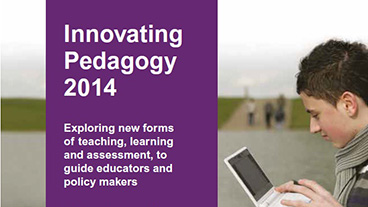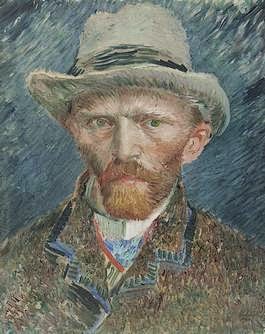individual
INTERPERSONAL : SCIENCES
humanistic ------------------------------------------- mechanistic
SOCIOLOGY : POLITICAL
group
Yes, I am a nurse - thanks for asking.
So come on - how much do you know?
Actually, I know very little.
Eh?
Why is that?
Surely you have to be quite knowledgeable,
all the lectures, the training on wards, clinics, out in the community, staying updated too?
| ethics, giving bad news, communication, self-awareness, empathy and rapport, recovery model, education... | anatomy & physiology, healing, homeostasis, medicines, basic life support, drug side effects, risk of falls, observations, infection control... |
| cultural competence, team work, respect and dignity, the 6Cs, carer education, handling conflict, family therapy... | policy, records, scope of practice, continuing education, professional development, confidentiality... |
Surely, this little snip points to a packed 'curriculum'?
So it does, but as a nurse you can't make too many assumptions?
Well, yes I suppose so; no-one should pre-judge but you'll have to explain?
[ Now, why am I so pleased you said that...? :-) ]
Well a nurse has to be dispassionate in order to be compassionate.
So... as a nurse you contradict yourself?
No, not exactly. I suppose, given your opening gambit, we have to be neutral, neither hot, nor cold. That way we are sensitive to difference and spotting change. If we think someone is cold, or has a fever then we measure - we find out we check their temperature. So of course some things we can learn based on fact-finding.
Inevitably, assumptions are made as there's a job to do, but it's important not to prejudge. There's a big difference between assumptions, judgements, stereotypes, biases, hypotheses, and the like.
So a nurse can be tepid all the time? Where's the warmth in that, eh?
Good point, but you know what we're about here.
There's general warmth, friendliness, being approachable, civil, being professional.
Then there's warmth as an ingredient in those critical instances.
So, it's a case of yes and no. At first you've to be open-minded. Take the conceptual framework Hodges' model. Initially it is all structure, but this structure provides four empty care domains - five when wrapped by the spiritual. This can act as a great aide-mémoire.
With a referral you make use of any information that is provided because that's very important too. The information that is received initially is hopefully sufficient to indicate the nature of the problem in broad terms. It may be more specific pointing to an existing diagnosis, a relapse, or multiple diagnoses.
Yes I see. Hodges' model is the blank sheet and as such it is open, non-judgmental.
Yes, but there are also indicators that point to risk, physical - falls for example, plus psychological and mental health aspects like risk of self-harm, harm to others and possibly self neglect. These are the things that must also to be assessed and as such ruled-out.
SELF -
SELF - | HARM
NEGLECT |
HARM TO OTHERS
HARM BY OTHERS - ABUSE | VULNERABLE ADULTS
ABILITY TO GIVE CONSENT,
MENTAL CAPACITY |
So when does that 'open-mindedness', or 'neutrality' become closed?
As we learn about someone, we build up a picture that kind-of notion, once known some things are closed as they don't tend to change.
They're concluded?
Yes, but one of the reasons that nursing is such an ace job - and yes I know why your grimacing - but it IS!
Anyway, that first day can be a lesson in
dynamics. If not
the first day it will soon follow!
So, you have to use many different sources and kinds of knowledge.
Yes, that's right and the best knowledge of all is...?
Well, I guess learning for ourselves is the best, most permanent way.
You have it there. It's a really exciting time for nursing, health and social care. Although they go on about technology and clearly technology has a major role to play. 'IT' is playing a major role and if you listen carefully you can hear the robots...
There is much more to do on that 'humanistic' side.
The open-mindedness, openness and acceptance is a baton that we must pass back to the patient. Self-care, when possible, health literacy skills and competence are crucial now.
It's not just the days that are different either. The people we encounter, the patients, the clients - call them what you will, they are all pearls. Aggregated, yes sure, you see so many oysters; but open and face-to-face as a nurse each one shines, unique and peerless with
individuality.
OK. Thanks - that's cool indeed!
Acknowledgement - Stu Young, Royal College of Nursing Students




















 orcid.org/0000-0002-0192-8965
orcid.org/0000-0002-0192-8965